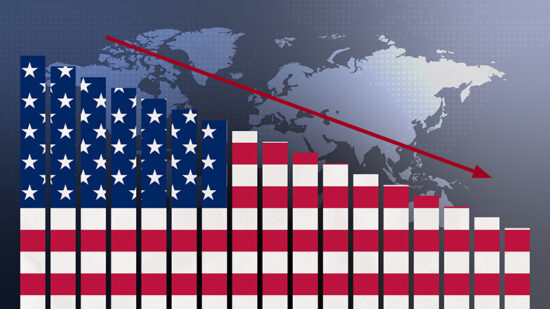Negative cycle
According to Genzo Kimura, economist at SuMi TRUST said the Japanese central bank in particular is ‘heading onto path of no return.’
“The risk of a negative interest rate policy is that it can fall into the abyss,” he said. “If inflation doesn’t meet the two per cent target, the BoJ will be forced deeper and deeper into negative territory each time a weak inflation outlook is issued. We could see rates falling to -1% in the future.”
“The first victims of this policy are the banks and Japanese banking stocks reacted negatively to today’s announcement,” Kimura continued. “At this moment in time, we can’t be certain that negative rates will help the Japanese economy. The reason that people don’t buy houses or cars is not because mortgage rates are high, the 30-year adjustable rate mortgage is currently at 0.65%, but because incomes are not high enough. Therefore, we have real doubts about the impact of negative interest rates,” he added.
Societe Generale’s cross asset research team believes in the case of Europe particularly, worries are growing that ‘the emperor has no clothes.’
“We note in particular growing scepticism about the ability of central banks in the West, not just to resuscitate inflation, but to guard against risk aversion and a loss of confidence in institutions, including central banks themselves,” the team wrote. “Worryingly, investors seem to have less faith now in developed market central banks, expressing concern over the diminishing returns of unconventional policies and the banks’ impotence in dealing with global threats such as the risk of EM corporate deleveraging.”








